Karr’s extraordinary musicianship and technical prowess made him one of the world’s most influential bassists
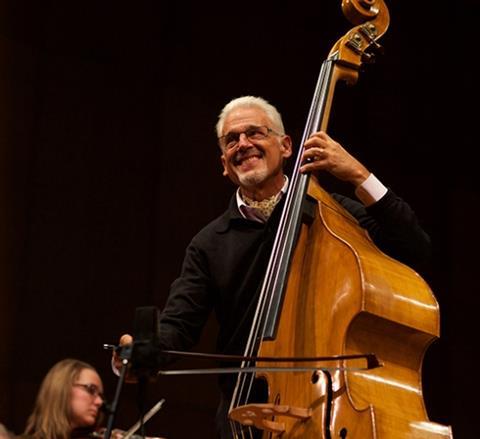
Renowed US double bass virtuoso Gary Karr died on 16 July at the age of 83 after suffering a brain aneurysm. He had recently been diagnosed with aggressive and inoperable cancer.
Born in Los Angeles, California, on 20 November, 1941, Karr was originally taught by his grandfather’s best friend, Uda Demenstein. He went on to study at the University of Southern California before moving to The Juilliard School in New York. He was taught by Herman Reinshagen and Stuart Sankey. In 1962, Karr was featured as a soloist on Leonard Bernstein’s Young People’s Concerts series, bringing him into the limelight. He performed ‘The Swan’ from Saint-Saëns’s Carnival of the Animals.
Karr’s immense virtuosity and unique musicianship made him one of the world’s most influential bassists. His daring solo performances and unparalleled lyricism enabled bassists the world over to discover what until then seemed impossible on the instrument. In a time when audiences were largely unfamiliar with the bass as a solo instrument, much of Karr’s repertoire consisted of his own transcriptions and arrangements.
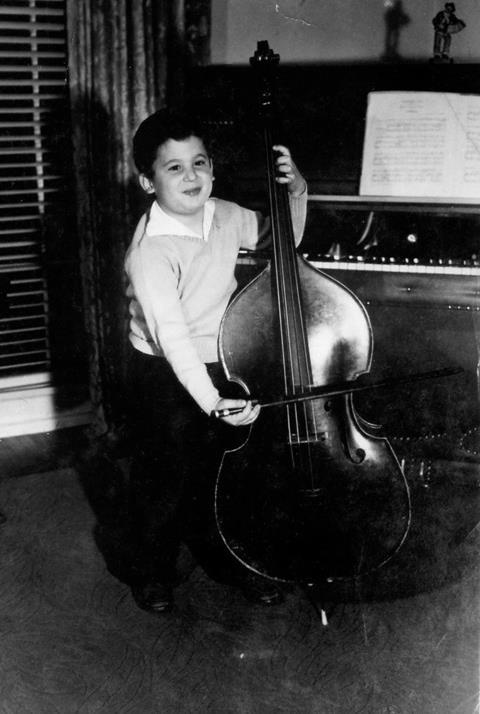
As a soloist, he played with major orchestras around the world, including the Chicago Symphony Orchestra, London Symphony Orchestra, London Philharmonic Orchestra, Montreal Symphony Orchestra, Hong Kong Philharmonic, Simon Bolivar Orchestra, Sydney Symphony Orchestra, Melbourne Symphony Orchestra and many more. Early in his career, he also spent much time playing in Japan, where he felt ‘embraced for my lyrical ability and natural humour, which inspired me to bare my soul in ways that were never respected in other parts of the world’, as he told The Strad in 2021. Karr premiered and commissioned many works for bass and made over 90 recordings.
As a teacher, Karr was on the faculty at The Juilliard School, New England Conservatory of Music, Hartt School, Yale University and Indiana University. He also taught classroom music in the Halifax, Nova Scotia Schools’ music programme. With his extensive educational experience, he wrote a series of instructional books for beginner bassists, encouraging young players to find their unique voice on the instrument. About his educational work, he told The Strad: ‘Having dedicated several years of my life to teaching in primary schools, I now realise that you don’t have to do much in the way of humour or sadness to get a response. You simply need to be natural and share your love for music.’
A relentless advocate for the arts and education, Karr founded the International Society of Bassists (ISB) in 1967, with its mission statement being to raise worldwide awareness of the double bass. The organisation now has nearly 3,000 members in 40 countries and holds an international convention every two years. It also publishes a triannual magazine and is one of the world’s largest organisations bringing bassists of every style and background together.
After an encounter with Olga Koussevitzky, the widow of pioneering bassist, conductor and composer Serge Koussevitzky, in 1962 Karr was presented with Koussevitzky’s 1611 Amati instrument. He played it for decades before donating it to the ISB in 2004. It is now named the ‘Karr–Koussevitzky’ bass. In 1983, he established the non-profit Karr Double Bass Foundation to loan instruments to deserving young musicians.
Throughout his career, Karr received many honours and awards. These include a Bronze Medal from the Rosa Ponselle Foundation, the Artist–Teacher of the Year Award from the American String Teachers Association, and both the ISB’s Distinguished Achievement Award and Distinguished Teacher Award.
Karr was frequently featured in The Strad magazine and website, both as a writer and interviewee, sharing his words of wisdom, good humour and incredible life story with its readers. His contributions over the years have made it clear that his legacy will continue for generations to come.
Read: ‘Be natural and share your love for music’: Gary Karr’s Life Lessons
The number one source for playing and teaching books, guides, CDs, calendars and back issues of the magazine.
In The Best of Technique you’ll discover the top playing tips of the world’s leading string players and teachers. It’s packed full of exercises for students, plus examples from the standard repertoire to show you how to integrate the technique into your playing.
In the second volume of The Strad’s Masterclass series, soloists including James Ehnes, Jennifer Koh, Philippe Graffin, Daniel Hope and Arabella Steinbacher give their thoughts on some of the greatest works in the string repertoire. Each has annotated the sheet music with their own bowings, fingerings and comments.
The Canada Council of the Arts’ Musical Instrument Bank is 40 years old in 2025. This year’s calendar celebrates some its treasures, including four instruments by Antonio Stradivari and priceless works by Montagnana, Gagliano, Pressenda and David Tecchler.


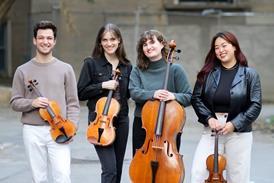
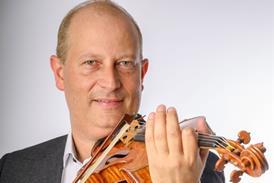

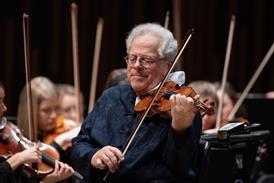
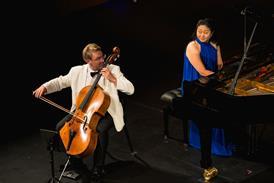


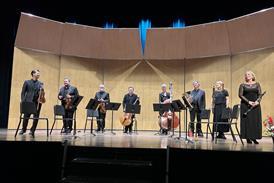

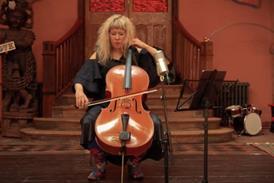
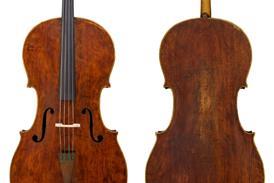
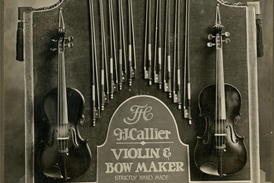
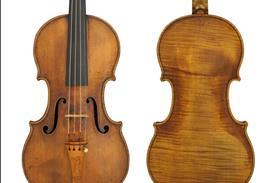
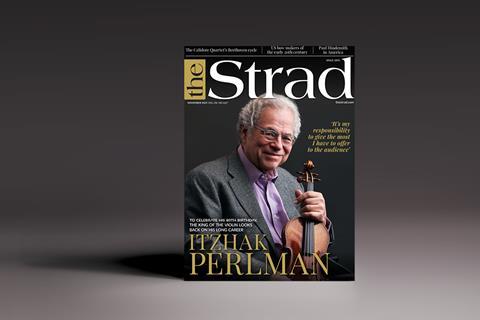




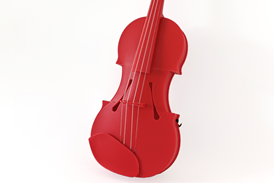
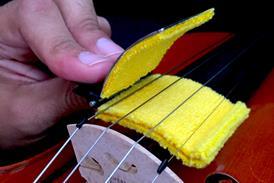
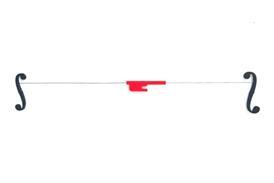



















No comments yet